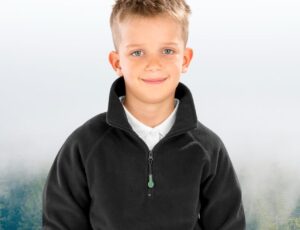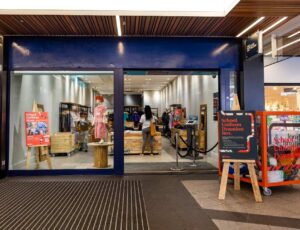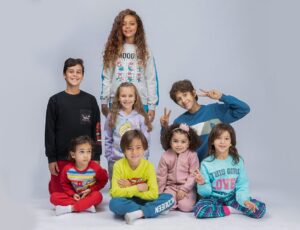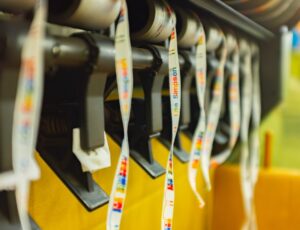
Schoolblazer, a leading supplier of uniforms to independent schools in the UK, has become a member of the Better Cotton Initiative (BCI). Notably, Schoolblazer is the first specialist schoolwear retailer to become a member.
The BCI – a global not-for-profit organisation – is the largest cotton sustainability programme in the world. It exists to make global cotton production better for the people who produce it, better for the environment it grows in, and better for the sector’s future.
Essentially, BCI aims to transform cotton production worldwide by developing Better Cotton as a sustainable mainstream commodity.
On becoming a BCI member in December, Schoolblazer will now source BCI cotton for its garments.
Commenting on Schoolblazer’s new membership is its co-founder, Tim James, who also recently joined The Schoolwear Association board. “We take our responsibility as good corporate citizens very seriously. The real challenge, however, is working out which issues to pursue.
“We came up with a core of initiatives that we could tackle, which would also address the main environmental issues. These include how people are treated and land and water use in production, particularly around cotton. BCI is the right programme for us and we are very actively using BCI cotton in our garments where we can.”
As well as being a BCI member, Schoolblazer is also a new member of the Ethical Trading Initiative (ETI).
ETI is a leading alliance of companies, trade unions and NGOs that promote respect for workers’ rights around the globe. Together with its members, ETI tackles the complex challenges of today’s global supply chains, improving the lives of workers worldwide.
“We joined the ETI in July,” continues James. “It ensures that we are beyond the baseline standard; it challenges us to work harder and constantly look at what else we can do. ETI also provides a framework to be systematic.
“We believe the textiles industry has a massive role to play in helping bring people out of poverty. This means finding good factories, providing good wages and working conditions; essentially bringing genuine benefits to people who wouldn’t otherwise have them.”
Other environmental targets
In addition to its BCI and ETI memberships, Schoolblazer has a number of other environmental goals.
The company plans to use more recycled polyester, with a target of 25% of the polyester used to be recycled. It will also be ensuring that all dyers and finishers in its chain are fully treating their water. Furthermore, Schoolblazer has received carbon neutral certification in terms of its operational carbon footprint.
“There is a real movement within the schoolwear industry to embrace environmental issues,” concludes James. “By nature, school uniform is very environmentally friendly. Quality, robust schoolwear garments have a low environmental impact because they are made to last, being worn up to 400-500 times.”
For further information on Schoolblazer and its Ethical Policy, please click here.













